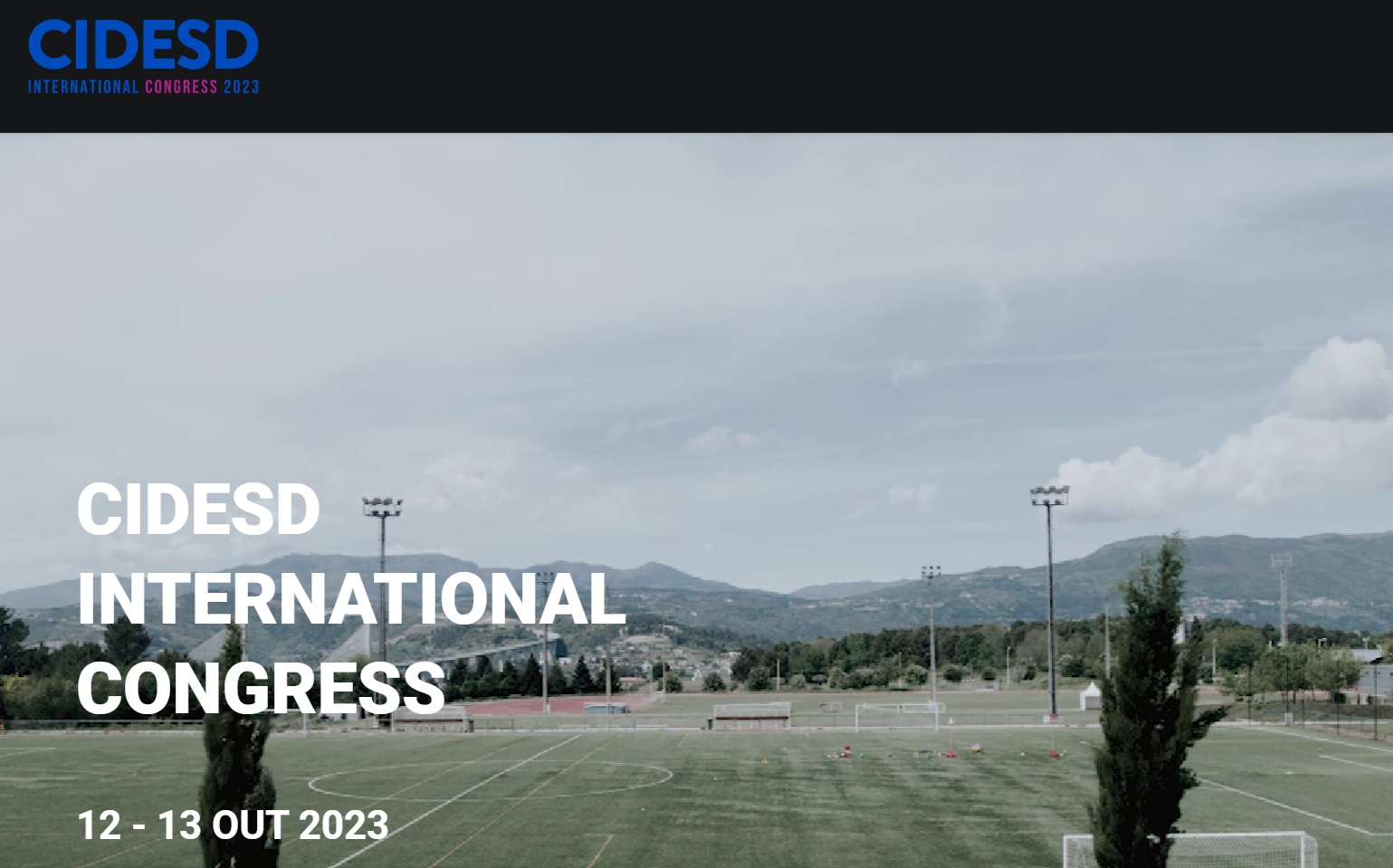Development and validation of a questionnaire to assess coaches’ perceptions about periodisation of training in football
DOI:
https://doi.org/10.6063/motricidade.31783Keywords:
football, coaches, perceptions, training periodisationAbstract
Despite the substantial development of the periodisation of football training, little is known about the perceptions coaches have concerning the methodological dimension of periodisation. The present study aimed to develop and validate the Training Periodisation Assessment Scale (TPAS) to demonstrate its psychometric properties in two samples of football coaches. The objective was achieved in 3 phases: (1) development of items and the facial validity of the content of items of the initial version; (2) preliminary evaluation of the factorial structure through exploratory factor analysis (n1 = 106); and (3) confirmatory factorial analysis and composite reliability (n2 = 228). The TPAS consists of 30 items that can measure the perceptions of coaches regarding how they periodise football training through a total score. The TPAS demonstrated reliability as well as factorial validity. Results suggest that the perception of the periodisation of training in football is a unidimensional construct, enhancing a holistic view of the approach to training. TPAS presents promising features for examining the perceptions coaches have about how they periodise football training.
Downloads
Published
Issue
Section
License
The authors of submitted manuscripts must transfer the full copyright to Journal Motricidade / Sílabas Didáticas Editions. Granting copyright permission allows the publication and dissemination of the article in printed or electronic formats, and copyrights start at the moment the manuscript is accepted for publication. It also allows Journal Motricidade to use and commercialise the article in terms of licensing, lending or selling its content to indexation/abstracts databases and other entities.
According to the terms of the Creative Commons licence, authors may reproduce a reasonable number of copies for personal or professional purposes, but without any economic gain. SHERPA/RoMEO allows authors to post a final digital copy (post-printing version) of the article on their websites or on their institutions' scientific repository.


